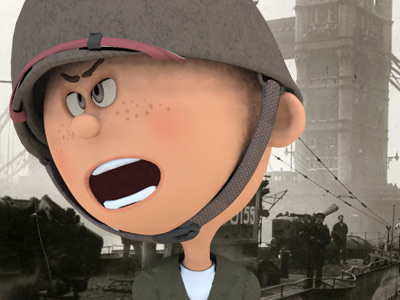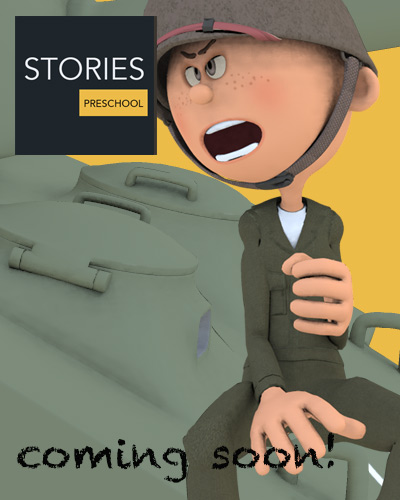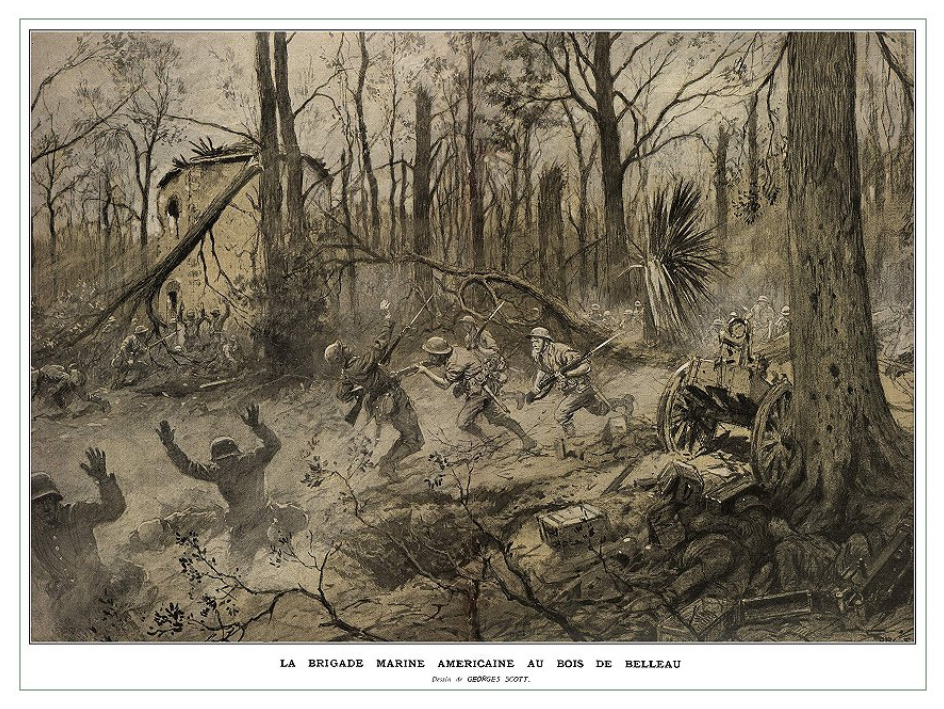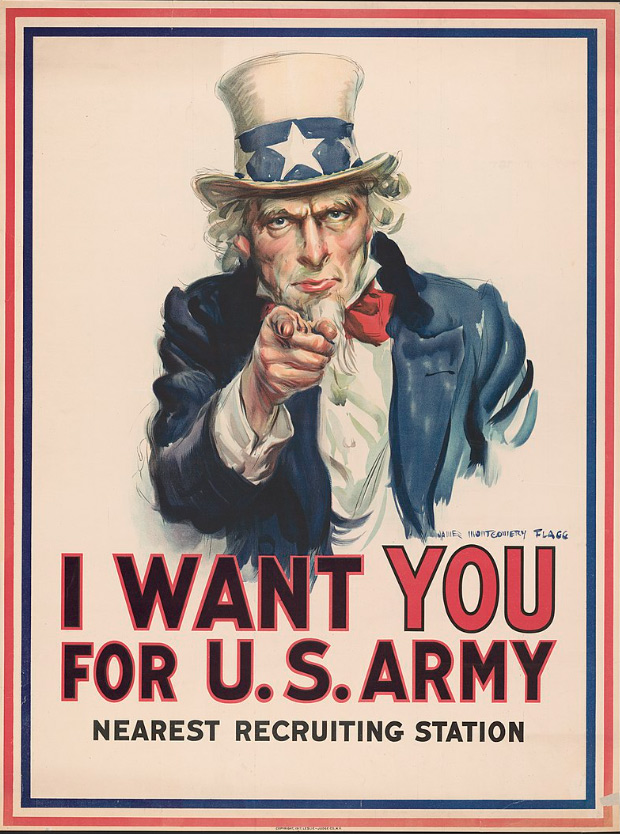World War I (1914-1918)
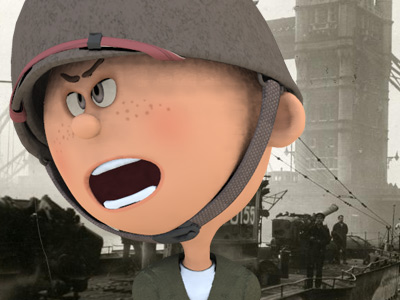
Battle of Belleau Wood (1–26 June 1918)
The Battle of Belleau Wood (1–26 June 1918) occurred during the German Spring Offensive in World War I, near the Marne River in France. The battle was fought between the U.S. 2nd (under the command of Major General Omar Bundy) and 3rd Divisions along with French and British forces against an assortment of German units including elements from the 237th, 10th, 197th, 87th, and 28th Divisions. The battle has become a key component of the lore of the United States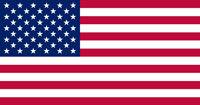 The United States of America (U.S.A. or USA), commonly known as the United States (U.S. or US) or America, is a country in North America. It is the world's third-largest country by both land and total area. The United States shares land borders with Canada to its north and with Mexico to its south. The national capital is Washington, D.C., and the most populous city and financial center is New York City. Marine Corps.
The United States of America (U.S.A. or USA), commonly known as the United States (U.S. or US) or America, is a country in North America. It is the world's third-largest country by both land and total area. The United States shares land borders with Canada to its north and with Mexico to its south. The national capital is Washington, D.C., and the most populous city and financial center is New York City. Marine Corps.
Background
In March 1918, with nearly 50 additional divisions freed by the Russian Russian Empire was an empire and the final period of the Russian monarchy from 1721 to 1917, ruling across large parts of Eurasia. The rise of the Russian Empire coincided with the decline of neighbouring rival powers: the Swedish Empire, the Polish–Lithuanian Commonwealth, Qajar Iran, the Ottoman Empire, and Qing China. Russia remains the third-largest empire in history, surpassed only by the British Empire and the Mongol Empire. surrender on the Eastern Front, the German
Russian Empire was an empire and the final period of the Russian monarchy from 1721 to 1917, ruling across large parts of Eurasia. The rise of the Russian Empire coincided with the decline of neighbouring rival powers: the Swedish Empire, the Polish–Lithuanian Commonwealth, Qajar Iran, the Ottoman Empire, and Qing China. Russia remains the third-largest empire in history, surpassed only by the British Empire and the Mongol Empire. surrender on the Eastern Front, the German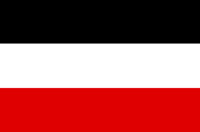 The German Empire, also referred to as Imperial Germany, the Second Reich, as well as simply Germany, was the period of the German Reich from the unification of Germany in 1871 until the November Revolution in 1918, when the German Reich changed its form of government from a monarchy to a republic. During its 47 years of existence, the German Empire became the industrial, technological, and scientific giant of Europe. Army launched a series of attacks on the Western Front, hoping to defeat the Allies before U.S. forces could be fully deployed. A third offensive launched in May against the French
The German Empire, also referred to as Imperial Germany, the Second Reich, as well as simply Germany, was the period of the German Reich from the unification of Germany in 1871 until the November Revolution in 1918, when the German Reich changed its form of government from a monarchy to a republic. During its 47 years of existence, the German Empire became the industrial, technological, and scientific giant of Europe. Army launched a series of attacks on the Western Front, hoping to defeat the Allies before U.S. forces could be fully deployed. A third offensive launched in May against the French French Third Republic was the system of government adopted in France from 4 September 1870, when the Second French Empire collapsed during the Franco-Prussian War, until 10 July 1940, after the Fall of France during World War II led to the formation of the Vichy government. During the 19th and 20th centuries, the French colonial empire was the second largest colonial empire in the world only behind the British Empire. between Soissons and Reims, known as the Third Battle of the Aisne, saw the Germans reach the north bank of the Marne River at Château-Thierry, 95 kilometres (59 mi) from Paris, on 27 May. On 31 May, the 3rd Division held the German advance at Château-Thierry and the German advance turned right towards Vaux and Belleau Wood.
French Third Republic was the system of government adopted in France from 4 September 1870, when the Second French Empire collapsed during the Franco-Prussian War, until 10 July 1940, after the Fall of France during World War II led to the formation of the Vichy government. During the 19th and 20th centuries, the French colonial empire was the second largest colonial empire in the world only behind the British Empire. between Soissons and Reims, known as the Third Battle of the Aisne, saw the Germans reach the north bank of the Marne River at Château-Thierry, 95 kilometres (59 mi) from Paris, on 27 May. On 31 May, the 3rd Division held the German advance at Château-Thierry and the German advance turned right towards Vaux and Belleau Wood.
On 1 June, Château-Thierry and Vaux fell, and German troops moved into Belleau Wood. The U.S. 2nd Division—which included a brigade of U.S. Marines—was brought up along the Paris-Metz highway. The 9th Infantry Regiment was placed between the highway and the Marne, while the 6th Marine Regiment was deployed to their left. The 5th Marine and 23rd Infantry regiments were placed in reserve.
Battle
On the evening of 1 June, German forces punched a hole in the French lines to the left of the Marines' position. In response, the U.S. reserve—consisting of the 23rd Infantry Regiment, the 1st Battalion, 5th Marines, and an element of the 6th Machine Gun Battalion—conducted a forced march over 10 kilometres (6.2 mi) to plug the gap in the line, which they achieved by dawn. By the night of 2 June, the U.S. forces held a 20 kilometres (12 mi) front line north of the Paris-Metz Highway running through grain fields and scattered woods, from Triangle Farm west to Lucy and then north to Hill 142. The German line opposite ran from Vaux to Bouresches to Belleau.
German advance halted at Belleau Wood
German commanders ordered an advance on Marigny and Lucy through Belleau Wood as part of a major offensive, in which other German troops would cross the Marne River. The commander of the Marine Brigade, Army General James Harbord, countermanding a French order to dig trenches further to the rear, ordered the Marines to "hold where they stand". With bayonets, the Marines dug shallow fighting positions from which they could fight from the prone position. In the afternoon of 3 June, German infantry attacked the Marine positions through the grain fields with bayonets fixed. The Marines waited until the Germans were within 100 yd (91 m) before opening deadly rifle fire which mowed down waves of German infantry and forced the survivors to retreat into the woods.
Having suffered heavy casualties, the Germans dug in along a defensive line from Hill 204, just east of Vaux, to Le Thiolet on the Paris-Metz Highway and northward through Belleau Wood to Torcy. After Marines were repeatedly urged to turn back by retreating French forces, Marine Captain Lloyd W. Williams of the 2nd Battalion, 5th Marines uttered the now-famous retort "Retreat? Hell, we just got here". Williams' battalion commander, Major Frederic Wise, later claimed to have said the famous words.
On 4 June, Major General Bundy—commanding the 2nd Division—took command of the American sector of the front. Over the next two days, the Marines repelled the continuous German assaults. The 167th French Division arrived, giving Bundy a chance to consolidate his 2,000 yards (1,800 m) of front. Bundy's 3rd Brigade held the southern sector of the line, while the Marine brigade held the north of the line from Triangle Farm.
Attack on Hill 142
At 03:45 on 6 June, the Allies launched an attack on the German forces, who were preparing their own strike. The French 167th Division attacked to the left of the American line, while the Marines attacked Hill 142 to prevent flanking fire against the French. As part of the second phase, the 2nd Division were to capture the ridge overlooking Torcy and Belleau Wood, as well as occupying Belleau Wood. However, the Marines failed to scout the woods. As a consequence, they missed a regiment of German infantry dug in, with a network of machine gun nests and artillery.
At dawn, 1st Battalion, 5th Marines—commanded by Major Julius Turrill—was to attack Hill 142, but only two companies were in position. The Marines advanced in waves with bayonets fixed across an open wheat field that was swept with German machine gun and artillery fire, and many Marines were cut down. Captain Crowther commanding the 67th Company was killed almost immediately. Captain Hamilton and the 49th Company fought from wood to wood, fighting the entrenched Germans and overrunning their objective by 6 yards (5.5 m). At this point, Hamilton had lost all five junior officers, while the 67th had only one commissioned officer alive. Hamilton reorganized the two companies, establishing strong points and a defensive line.
In the German counter-attack, then-Gunnery Sergeant Ernest A. Janson—who was serving under the name Charles Hoffman—repelled an advance of 12 German soldiers, killing two with his bayonet before the others fled; for this action he became the first Marine to receive the Medal of Honor in World War I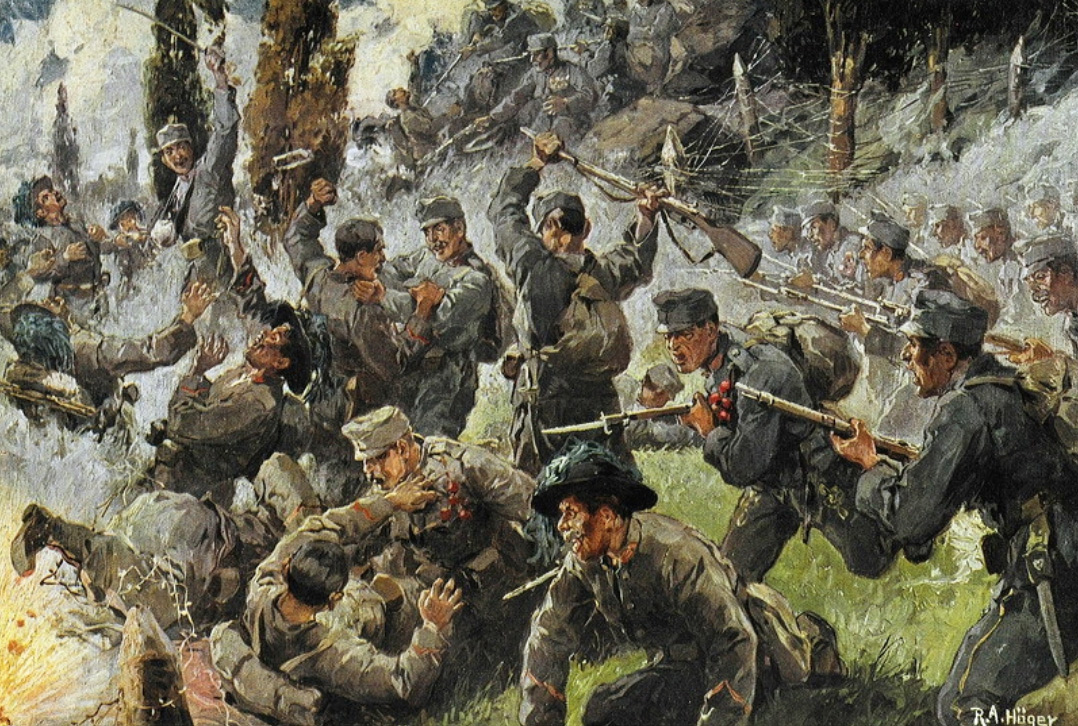 World War I, also known as the First World War, or the Great War, was a global war originating in Europe that lasted from 28 July 1914 to 11 November 1918. More than 70 million military personnel, including 60 million Europeans, were mobilized in one of the largest wars in history. The war drew in all the world's economic great powers, assembled in two opposing alliances: the Allies versus the Central Powers of Germany and Austria-Hungary. View World War I ». Also cited for advancing through enemy fire during the counter-attack was then-Marine Gunner Henry Hulbert who was awarded the Distinguished Service Cross.
World War I, also known as the First World War, or the Great War, was a global war originating in Europe that lasted from 28 July 1914 to 11 November 1918. More than 70 million military personnel, including 60 million Europeans, were mobilized in one of the largest wars in history. The war drew in all the world's economic great powers, assembled in two opposing alliances: the Allies versus the Central Powers of Germany and Austria-Hungary. View World War I ». Also cited for advancing through enemy fire during the counter-attack was then-Marine Gunner Henry Hulbert who was awarded the Distinguished Service Cross.
The rest of the battalion now arrived and went into action. Turrill's flanks lay unprotected, and the Marines were rapidly exhausting their ammunition. By the afternoon, however, the Marines had captured Hill 142, at a cost of nine officers and most of the 325 men of the battalion.
Marines attack Belleau Wood
On the night of 4 June, the intelligence officer for the 6th Marines, Lieutenant William A. Eddy, and two men stole through German lines to gather information about German forces. They gathered valuable information showing the Germans were consolidating machine gun positions and bringing in artillery. While this activity indicated an attack was not immediately likely, their increasing strength was creating a base of attack that raised concern about breaking through to Paris.
At 17:00 on 6 June, the 3rd Battalion 5th Marines (3/5)—commanded by Major Benjamin S. Berry, and the 3rd Battalion 6th Marines (3/6)—commanded by Major Berton W. Sibley, on their right—advanced from the west into Belleau Wood as part of the second phase of the Allied offensive. Again, the Marines had to advance through a waist-high wheat field into deadly machine gun fire. One of the most famous quotations in Marine Corps history came during the initial step-off for the battle when Gunnery Sergeant Dan Daly, a recipient of two Medals of Honor who had served in the Philippines, Santo Domingo, Haiti, Peking and Vera Cruz, prompted his men of the 73rd Machine Gun Company forward with the words: "Come on, you sons of bitches, do you want to live forever?".
The first waves of Marines—advancing in well-disciplined lines—were slaughtered; Major Berry was wounded in the forearm during the advance. On his right, the Marines of Major Sibley's 3/6 Battalion swept into the southern end of Belleau Wood and encountered heavy machine gun fire, sharpshooters and barbed wire. Marines and German infantrymen were soon engaged in heavy hand-to-hand fighting. The casualties sustained on this day were the highest in Marine Corps history up to that time. Some 31 officers and 1,056 men of the Marine brigade were casualties. However, the Marines now had a foothold in Belleau Wood.
Fighting in Belleau Wood
The battle was now deadlocked. At midnight on 7–8 June, a German attack was stopped cold and an American counter-attack in the morning of 8 June was similarly defeated. Sibley's battalion—having sustained nearly 400 casualties—was relieved by the 1st Battalion, 6th Marines. Major Shearer took over the 3rd Battalion, 5th Marines for the wounded Berry. On 9 June, an enormous American and French barrage devastated Belleau Wood, turning the formerly attractive hunting preserve into a jungle of shattered trees. The Germans counter-fired into Lucy and Bouresches and reorganized their defenses inside Belleau Wood.
In the morning of 10 June, Major Hughes' 1st Battalion, 6th Marines—together with elements of the 6th Machine Gun Battalion—attacked north into the wood. Although this attack initially seemed to be succeeding, it was also stopped by machine gun fire. The commander of the 6th Machine Gun Battalion—Major Cole—was mortally wounded. Captain Harlan Major—senior captain present with the battalion—took command. The Germans used great quantities of mustard gas. Next, Wise's 2nd Battalion, 5th Marines was ordered to attack the woods from the west, while Hughes continued his advance from the south.
At 04:00 on 11 June, Wise's men advanced through a thick morning mist towards Belleau Wood, supported by the 23rd and 77th companies of the 6th Machine Gun Battalion, and elements of the 2nd Battalion, 2nd Engineers and were cut to pieces by heavy fire. Platoons were isolated and destroyed by interlocked machine gun fire. It was discovered that the battalion had advanced in the wrong direction. Rather than moving northeast, they had moved directly across the wood's narrow waist. However, they smashed the German southern defensive lines. A German private, whose company had 30 men left out of 120, wrote "We have Americans opposite us who are terribly reckless fellows."
Overall, the woods were attacked by the Marines a total of six times before they could successfully expel the Germans. They fought off parts of five divisions of Germans, often reduced to using only their bayonets or fists in hand-to-hand combat.
On 26 June, the 3rd Battalion, 5th Marines, under command of Major Maurice E. Shearer, supported by two companies of the 4th Machine Gun Battalion and the 15th Company of the 6th Machine Gun Battalion, made an attack on Belleau Wood, which finally cleared that forest of Germans. On that day, Major Shearer submitted a report simply stating, "Woods now U.S. Marine Corps entirely", ending one of the bloodiest and most ferocious battles U.S. forces would fight in the war.
Aftermath
United States forces suffered 9,777 casualties, included 1,811 killed. Many are buried in the nearby Aisne-Marne American Cemetery. There is no clear information on the number of German soldiers killed, although 1,600 were taken prisoner.
After the battle, the French renamed the wood "Bois de la Brigade de Marine" ("Wood of the Marine Brigade") in honor of the Marines' tenacity. The French government also later awarded the 4th Brigade the Croix de guerre. An official German report classified the Marines as "vigorous, self-confident, and remarkable marksmen ..." General Pershing—commander of the AEF—even said, "The deadliest weapon in the world is a United States Marine and his rifle." Pershing also said "the Battle of Belleau Wood was for the U.S. the biggest battle since Appomattox and the most considerable engagement American troops had ever had with a foreign enemy."
Legend and lore has it that the Germans used the term "Teufelshunde" ("devil dogs") for the Marines. However, this has not been confirmed, as the term was not commonly known in contemporary German. The closest common German term would be "Höllenhunde" which means "hellhound".
Regardless of the term's origin, ten years after the battle, Lieutenant Colonel Ernst Otto, from the Historical Section of the German Army, wrote of the Marine Corps; "Their fiery advance and great tenacity were well recognized by their opponents."
HISTORY
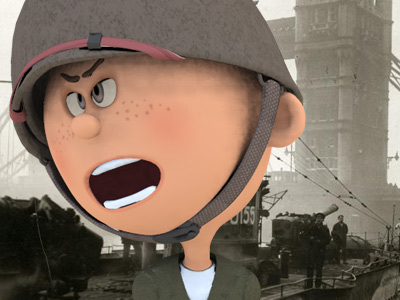
RESOURCES
This article uses material from the Wikipedia articles "World War", "World War I", and "Battle of Belleau Wood", which is released under the Creative Commons Attribution-Share-Alike License 3.0.
© Stories Preschool. All Rights Reserved.
